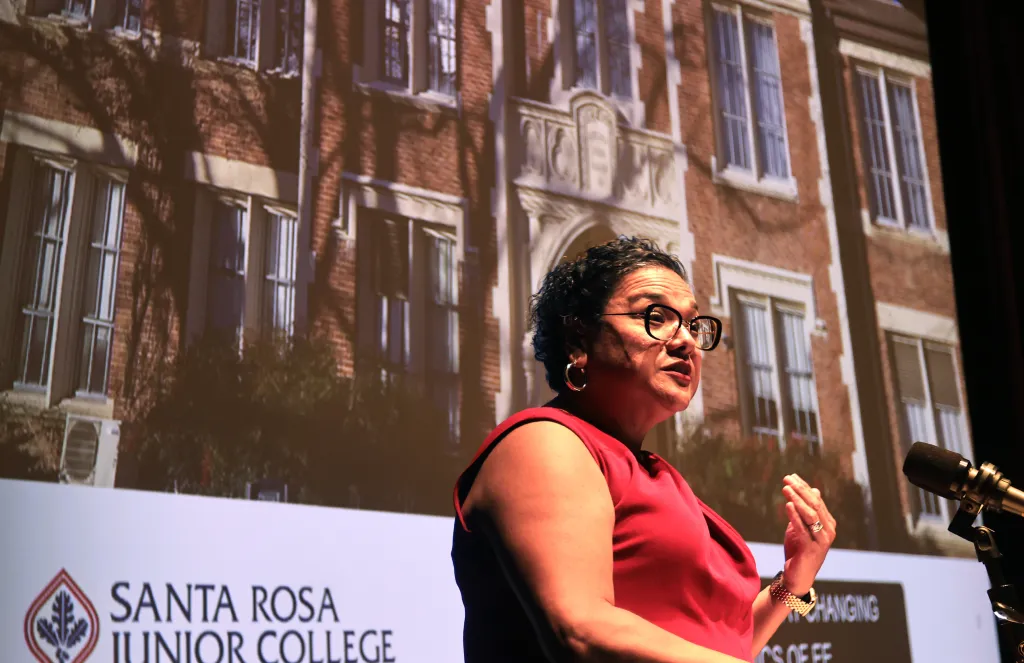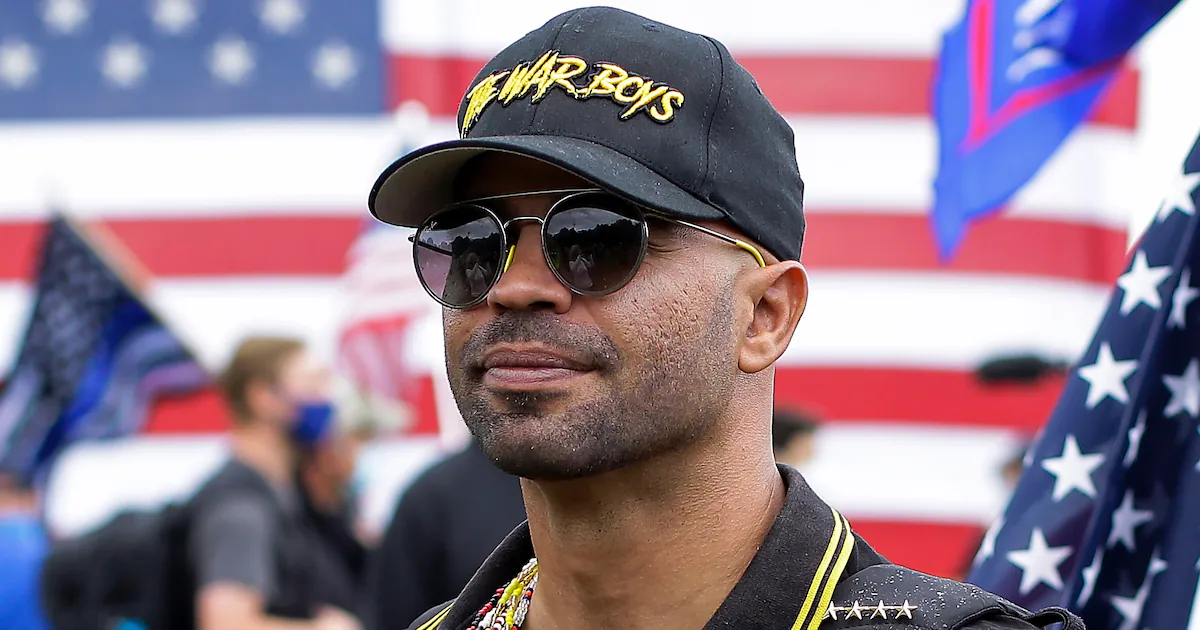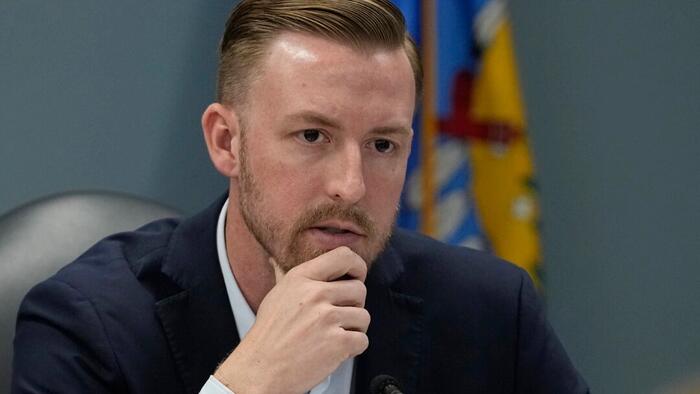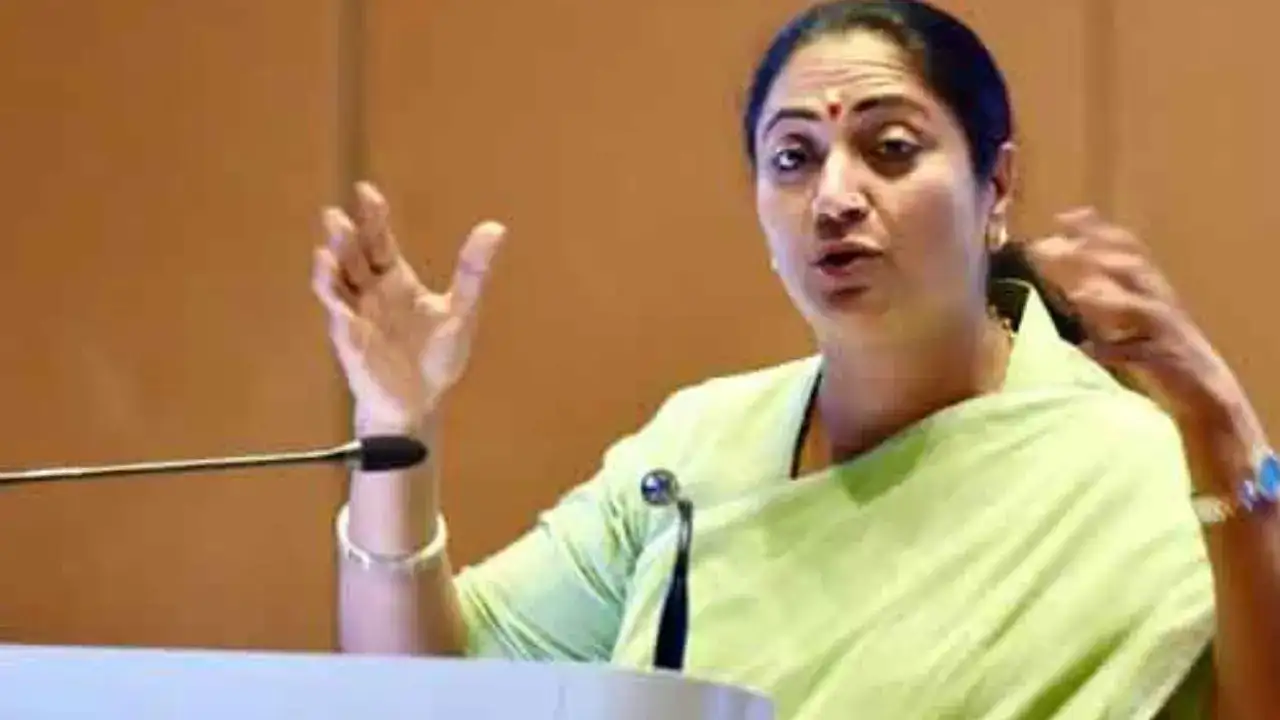By Adeyinka Adeniji,New Telegraph
Copyright newtelegraphng

Africa’s push to end energy poverty is gaining ground as 17 countries have now signed onto Mission 300, the initiative to connect 300 million people to electricity by 2030.
This was disclosed in a news release marked 2026/014/EXC, which was made available to New Telegraph by the World Bank Group (WBG) and the African Development Bank Group (AfDB).
According to the release, the programme has already connected 30 million people, with another 100 million targeted in the coming years.
The new compacts cover Benin, Ethiopia, Ghana, Kenya, Mozambique, Sierra Leone, and Togo, joining 15 nations, including Nigeria and Senegal, that earlier pledged over 400 policy actions this year.
World Bank President Ajay Banga described the initiative as a turning point: “Mission 300 is Africa leading the charge to close the energy gap. It proves that reform, partnership, and persistence can deliver results at scale.”
In his remarks, AfDB President, Dr. Sidi Ould Tah stressed the transformative nature of Mission 300: “This is not charity; it is Africa shaping its own future. Every connection means jobs created, children studying under light, and hospitals saving lives.”
African leaders who endorsed the initiative underscored that energy access is no longer a luxury but a development right.
President Patrice Talon of Benin pledged commitment to full rural electrification, noting that “energy is the foundation of inclusive growth, and Mission 300 is accelerating our path.”
Prime Minister Abiy Ahmed of Ethiopia said the compact demonstrates regional solidarity: “Electricity is a unifying force. Mission 300 translates cooperation into tangible light in homes and industries.”
President Nana Akufo-Addo of Ghana described the initiative as key to industrialisation: “Expanding access is central to our renewable energy roadmap and will power the jobs of tomorrow.”
President William Ruto of Kenya stressed its climate-smart value: “This is not just about power connections; it is about clean energy solutions that safeguard our planet while empowering our people.”
President Filipe Nyusi of Mozambique emphasised stability and resilience: “With reliable power, we strengthen education, healthcare, and resilience against climate shocks.”
President Julius Maada Bio of Sierra Leone highlighted grassroots benefits: “Every village connected is a barrier broken against poverty, illiteracy, and ill-health.”
President Faure Gnassingbé of Togo pointed to long-term economic impact: “Our future competitiveness depends on access to electricity. Mission 300 is an investment in generations to come.”
The release noted that these commitments are backed by reforms to strengthen utilities, expand renewable projects, and attract private investment, with support from partners including the Rockefeller Foundation, GEAPP, SEforALL, and ESMAP.
It added that beyond numbers, Mission 300 is already transforming lives, allowing students to study at night, rural clinics to store vaccines, and farmers to irrigate crops.
The statement concluded that Africa’s collective actions under Mission 300 are “evidence that the continent is shaping its own energy future through reforms, partnerships, and accountability.”



